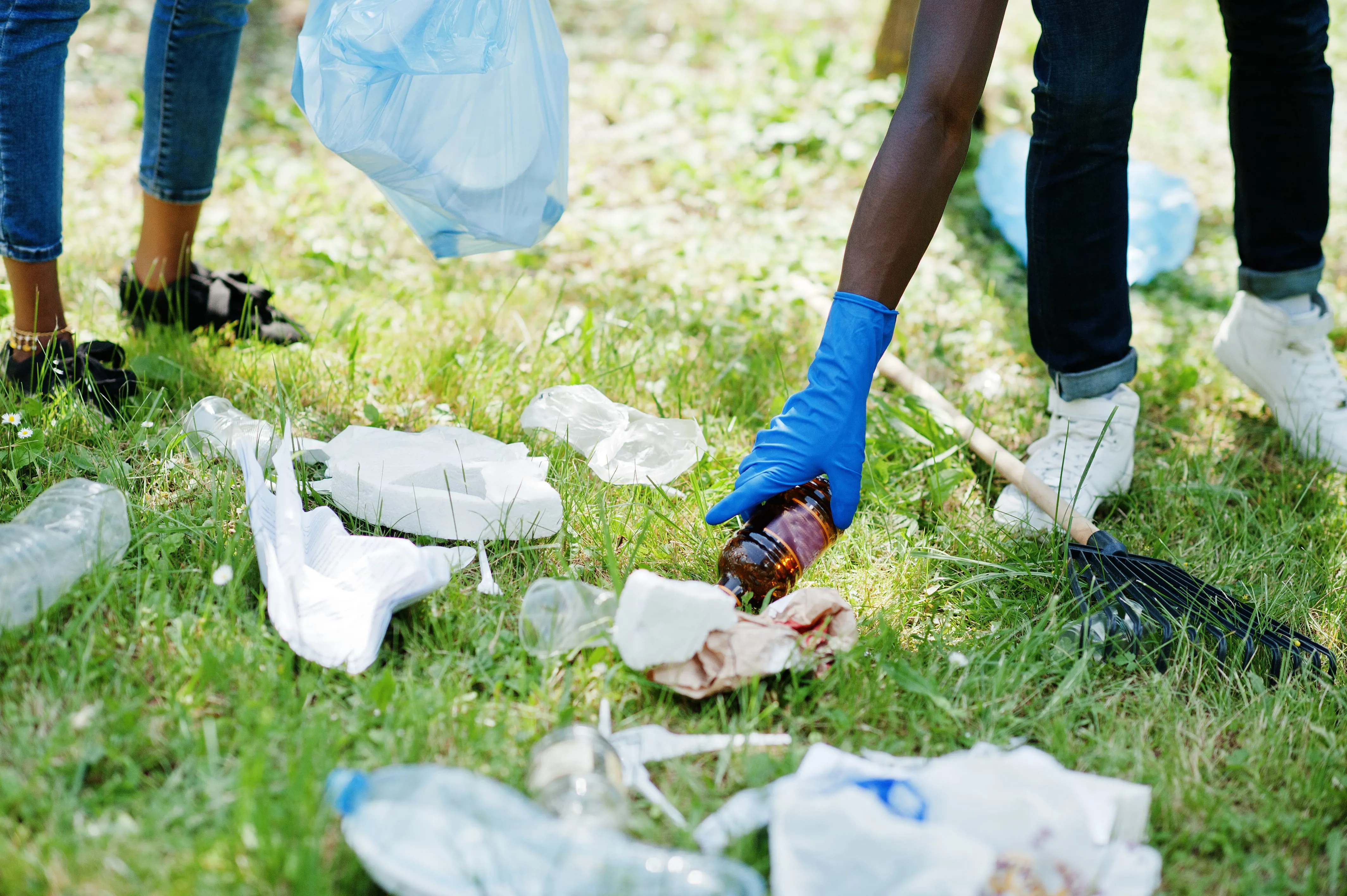Did you know plastic bottle consumption increases by up to 40% during the summer?
Over the warmer months, single-use plastic and other waste increases for certain types of businesses, particularly those in hospitality and events. Pubs, theme parks, outdoor green spaces, tourist attractions and hotels all experience an increase in visitors over this period and these visitors generate extra plastic waste.
From office parties overflowing with plastic cups to bustling beachside cafes, the surge in disposable packaging can be overwhelming as people embrace the outdoors and on-the-go convenience.
Managing the increase in plastic waste over the summer months
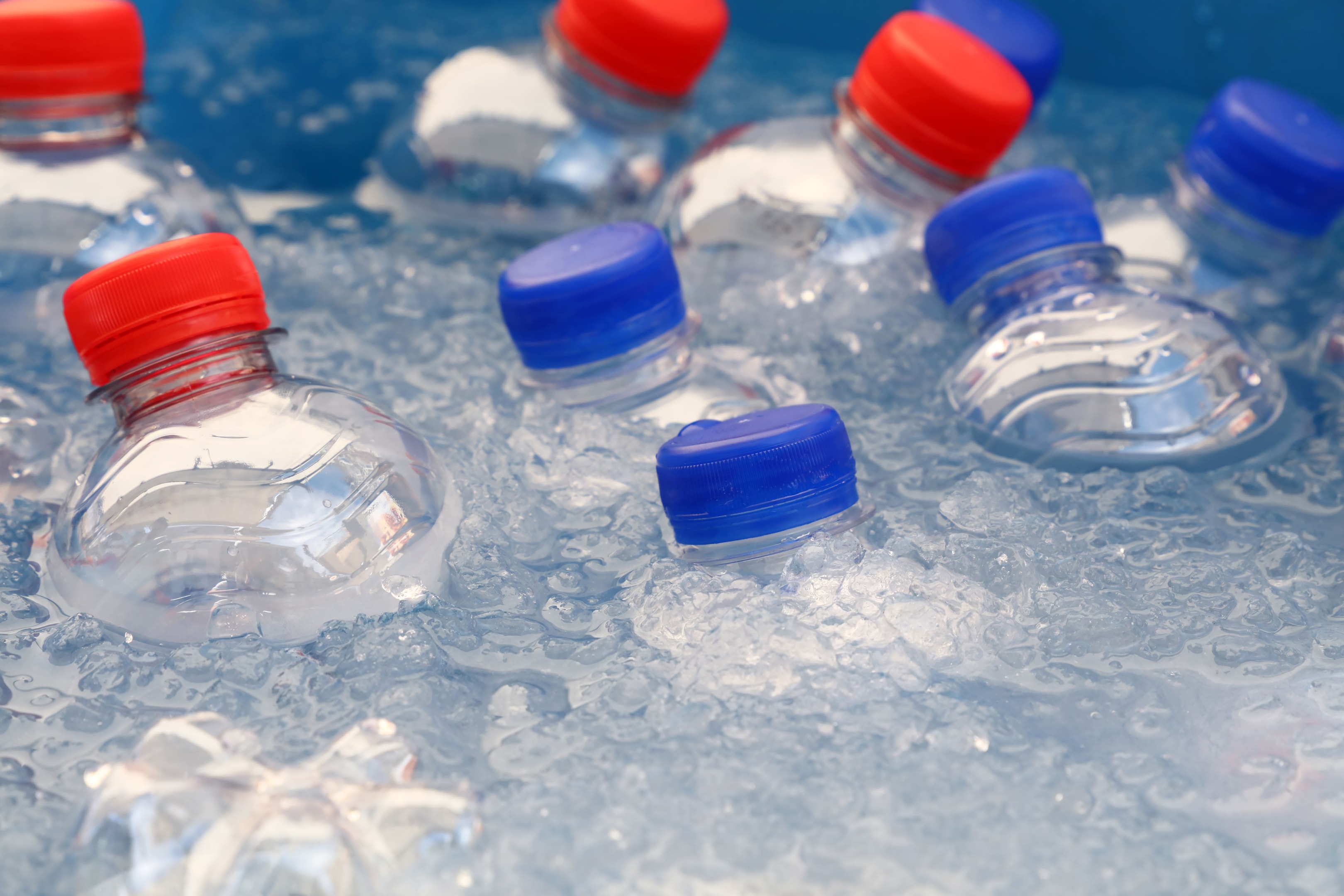
Setting up sustainable business practices, including waste management, makes dealing with extra plastic waste much easier.
1. The first step - reducing plastic use.
Glastonbury is a great example of this – the festival sold 1.3million single use plastic bottles in 2017 and banned them from sale in 2019. They’ve introduced other sustainability rules this year and their waste policy is a great template for other summer festivals and events.
Most events aren’t on the scale of Glastonbury, but every workplace and food outlet can make changes to reduce plastic and use of raw materials.
Here are just a few suggestions:
-
Removing plastic bottles from food outlets or office vending machines
-
Sourcing food from suppliers that can deliver in reusable or non-plastic packaging
-
Opting for wooden utensils for takeaway food – no need for plastic ice-cream spoons or fish & chip forks
-
Removing plastic cups from water coolers
-
Investing in reusable glasses and utensils for office events
All these choices will help to minimise plastic use and make organisations more sustainable.
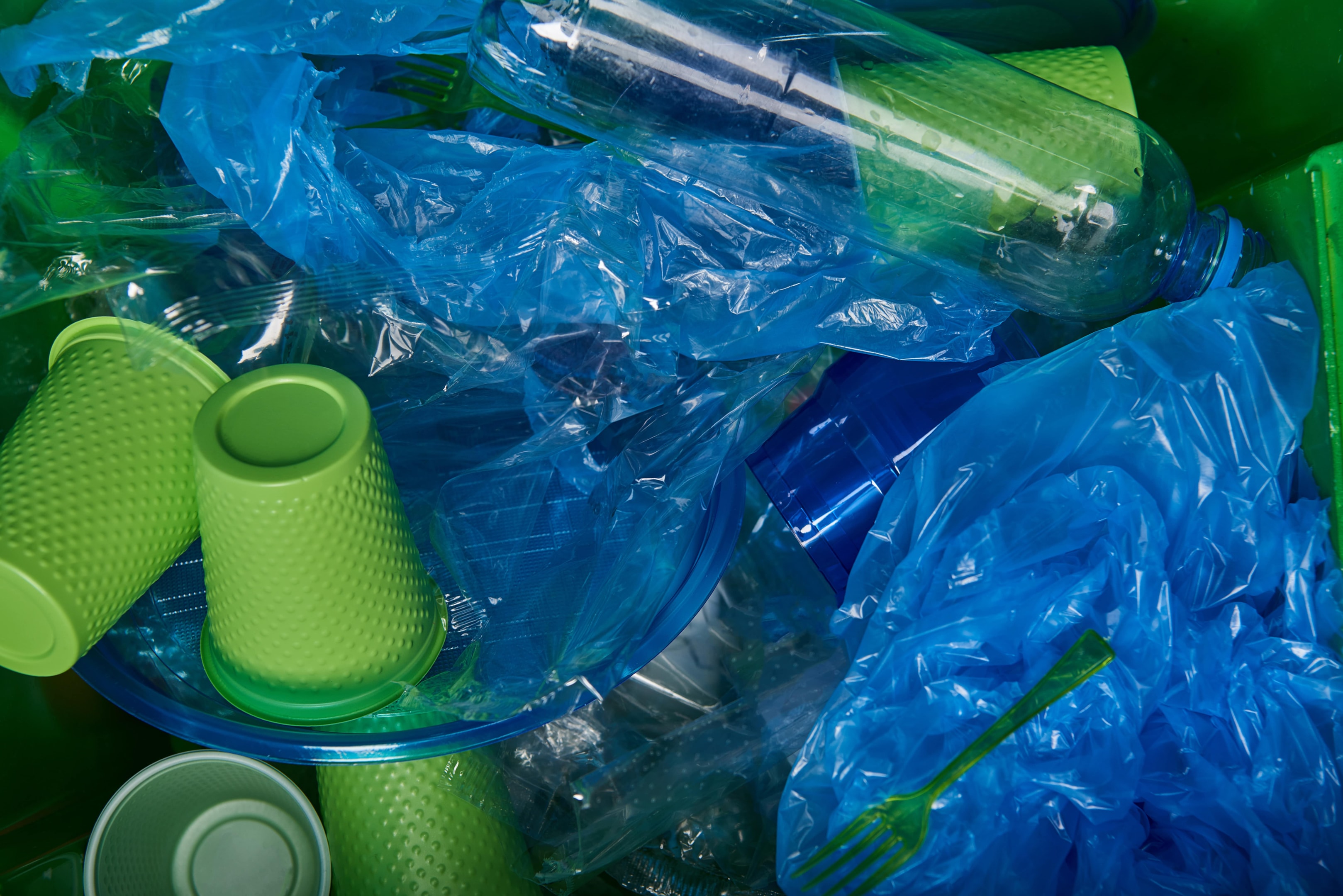
2. Offering easy, clear ways for customers and staff to recycle plastics
The introduction of Simpler Recycling next year will make waste separation a necessity so establishing a plastic recycling system now is good business practice. Separate bins, educating and engaging employees and clear signage will all help improve recycling rates.
3. Booking regular or one-off collections for plastic waste
Your business will already have a waste collection service in place. If this doesn’t include plastic waste streams, you can improve your business sustainability by separating plastic for recycling.
For summer office parties or events, a one-off collection to deal with the excess waste might be necessary, and this is something First Mile offers (even if you’re not a regular customer). Separating waste into collection streams will reduce the cost of this collection.
Plastics – what goes where?
Plastic recycling can seem complex because different plastics have different recycling methods. Managing this plastic waste sustainably and reducing ‘spoilage’ of recycling collections can be a challenge without the right waste partner in place.
At First Mile we offer various ways for customers to recycle plastics:
Flexible Plastics, Single-Use Plastics and Mixed Recycling
What can go in Single-Use Plastic Recycling?
Plastic bottles (PET bottle recycling)
Plastic cups
shampoo bottles
Empty cleaning products
Plastic containers e.g. fruit trays, yoghurt pots and food containers
But please keep out
Flexible plastics for example cling film, supermarket bags, bubble wrap
Plastic cutlery
What can go in Flexible Plastic Recycling bins and sacks?
Plastic carrier bags
Cling film
Food pouches
Plastic seals
Bubble wrap
Poly bags
Dry Mixed Recycling collection
For businesses that don’t generate enough waste to have separate collection streams, a dry mixed recycling collection is the best option. It doesn’t include as many types of plastic waste, but it means plastic bottles, tops, or tubs can be recycled along with paper, card, glass and metal.
What happens to plastic waste when it’s collected? How is it recycled?
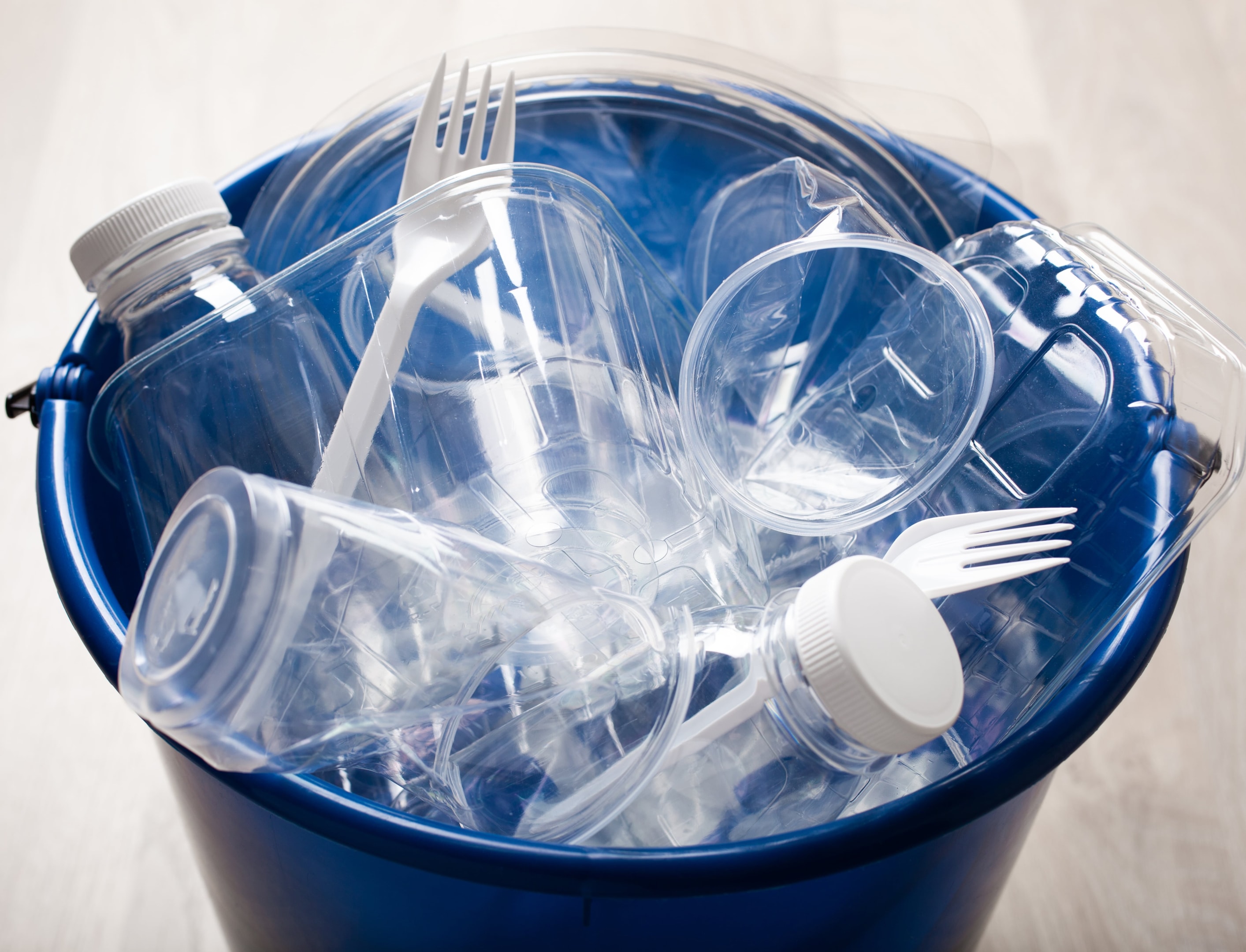
All collections go to our award-winning Sactory® where we hand sort into recycling and general waste – on average we process 100 tonnes a day.
Making sure plastic for recycling is clean and free from contaminants like food or other waste is the first step and can be done at our sorting plant. Ideally, each bag collected will be uncontaminated, so we help customers with bin placement and staff training to help reduce spoilage.
Plastics are treated as separate products for recycling purposes. They all come under the plastics category, but each one has very different properties and recycling requirements.
After cleaning and sorting, they will be melted or shredded in their separate categories and made into PET pellets for example, the recycled plastic can be used to make new recycled materials. Read more about that here.
Apart from PVC, it’s likely that businesses will have to deal with most of these types of plastic materials:
1. PET, used for drinks bottles and in plastic packaging materials
2. HDPE, used for cleaning product bottles, milk cartons
3. PVC, used for e.g. pipes, window fittings
4. LDPE, flexible plastic used for plastic bags, bread bags andwrapping
5. PP, used for some tubs and trays, yogurt pots and single use coffee cups
6. PS, rigid polystyrene used for e.g. disposable cutlery
7. Other, used for crisp packets, rice packets etc.
What's the PET recycling process?
PET stands for polyethylene terephthalate and is widely used throughout the plastics industry for beverage bottles. There are seven steps to recycling PET bottles and other PET materials
-
Cleaning: The PET bottles are cleaned to remove labels, caps, and other contaminants.
-
Shredding: The cleaned bottles are shredded into small PET flakes
-
Washing: The flakes are washed to remove any remaining impurities.
-
Melting: The clean flakes are melted into a liquid form.
-
Filtering: The molten plastic is filtered to remove any remaining contaminants.
-
Pelletization: The filtered molten plastic is formed into small PET pellets.
-
Manufacturing: This recycled PET plastic is used as raw material to create new PET products, such as:
-
New plastic bottles
-
Polyester fibers for clothing, carpets, and upholstery
-
Food packaging
-
Strapping for packaging
-
Add plastic recycling to your waste management strategy
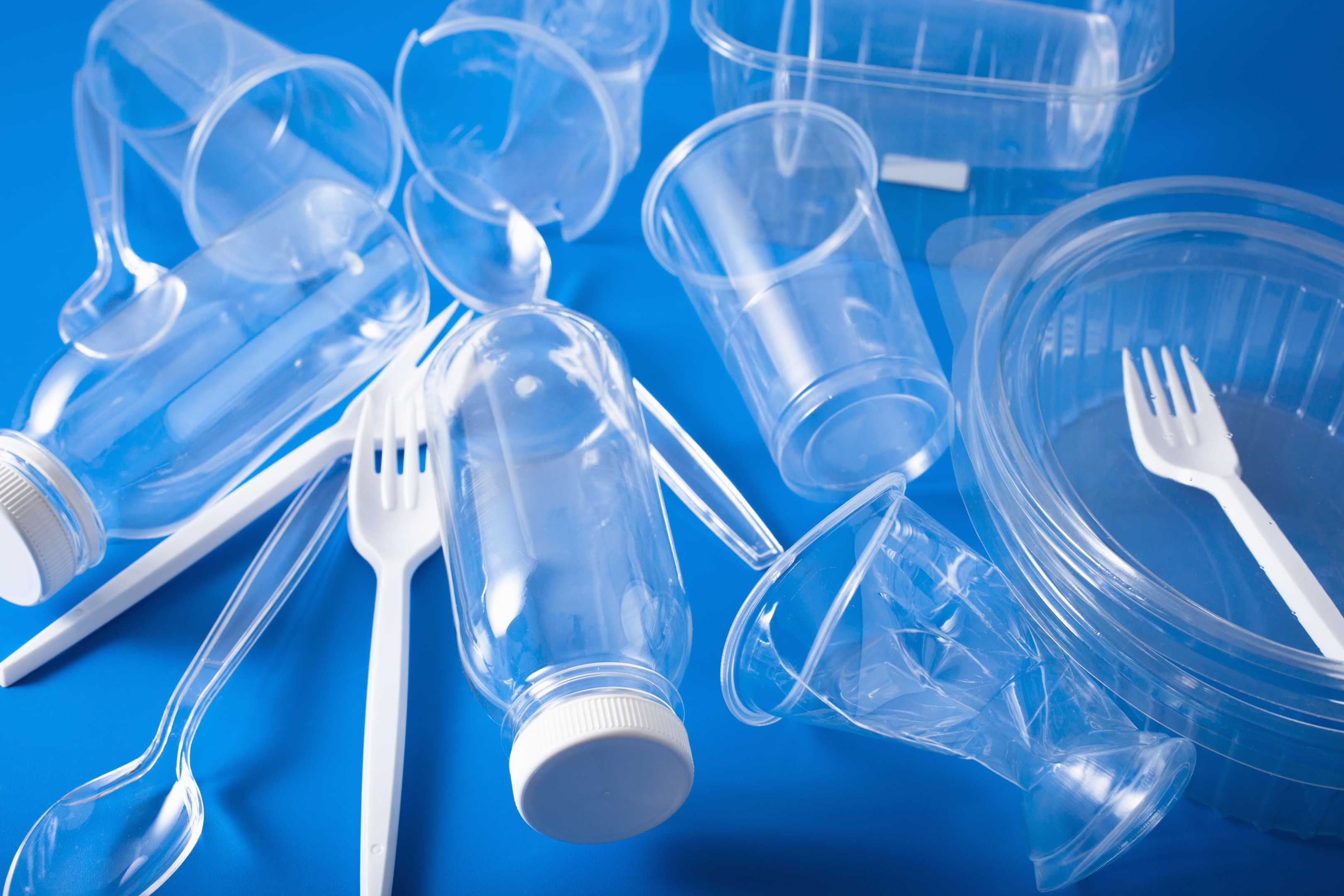
When organisations are looking to improve recycling rates as part of their Corporate Social Responsibility plans, adding a plastic recycling stream is an easy win. Making sure any events – summer or otherwise – have clear sustainability targets and waste management solutions is another.
